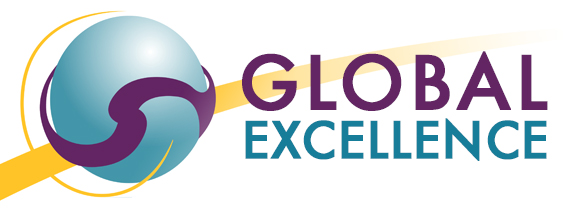In reality, frustration caused by cultural differences can lead to a breakdown of relationships with colleagues and poor business performance. Coaching can help managers avoid these cross-cultural pitfalls and can support managers in understanding and leveraging cultural differences for better business effectiveness.
Coaching Across Cultures

Managers who work in multi-cultural environments need to develop cultural awareness and manage the emotions that may impair their performance and the quality of their work relationships.
Programme objectives
- Understand the impact of cultural differences on work performance and relationships
- Use pragmatic tools to assess and compare personal and cultural tendencies
- Develop empathy with colleagues and partners from other cultural backgrounds
- Develop communication and management strategies that work in a multi-cultural environment
- Encourage changes in attitude and implement solutions that lead to visible results in the work environment
Programme content
The coaching programme is individually tailored to meet the needs of both the organisation and the individual. An initial contracting session helps to set clear outcomes and objectives (preferably face-to-face whenever possible) followed by an agreed number of on-going sessions. These sessions can be delivered through telephonic/email/video-conferencing as appropriate. The structure of each session ensures that the individual practices and integrates the objectives and key learning points from the session back into the workplace.
A cross-cultural coaching programme typically includes:
- Initial contracting session to clarify objectives
- Review of coaching tool results and implications
- Preparation for upcoming challenges
- Consideration of new approaches and their potential impact (organisationally, senior staff, employees)
- Review outcomes of actions planned in the previous session
- Contingency planning (what if the new approaches do not work)
Coaching training for global coaches' programme
Anyone who coaches international counterparts either face-to-face or via phone and email will tell you that such business relationships can sometimes be a bumpy ride.
Misunderstandings, confusion and frustration are common events. However, when you get it right the potential synergies can be a most positive and rewarding experience from which both the organisation and the individuals concerned can greatly benefit from.
In a one-to-one situation, where the focus is on the behaviours and values of one of the party it can be very easy to give offence unintentionally. Not only that but because of cultural factors you may never know that offence has been taken.
Expectations regarding feedback vary widely from culture to culture. How direct or not the language is; how much the individual is positioning themselves in terms of responsibility and ‘ownership’ of the issues at hand. All of these and other factors should be seen as variables and not simply a given. It is also important to consider if the standard models of coaching such as the grow model and others will be appropriate when coaching across cultures.
Programme content
All our Coaching training for global coaches programmes are designed to meet the specific needs of our clients depending on their specific requirements and existing skills set. A Coaching training programme for global coaches programme typically includes:
- Development of a deeper understanding of the values, behaviours and attitudes of target countries with a view to adopting a flexible international coaching style
- An understanding of how hierarchy and status issues can impact on the coaching process and develop strategies to overcome them
- Acquiring a flexible framework from which to choose techniques for dealing with the cultural and business issues faced when coaching internationally
- Practice of new approaches to giving and receiving feedback and tips on how to motivate foreign counterparts and developing rapport across borders
Contact us today for more information.

